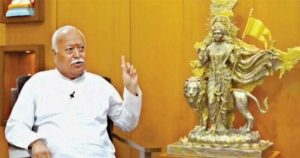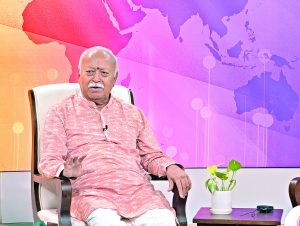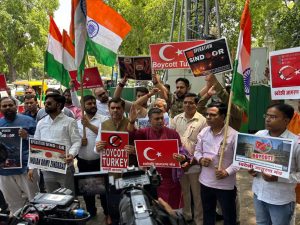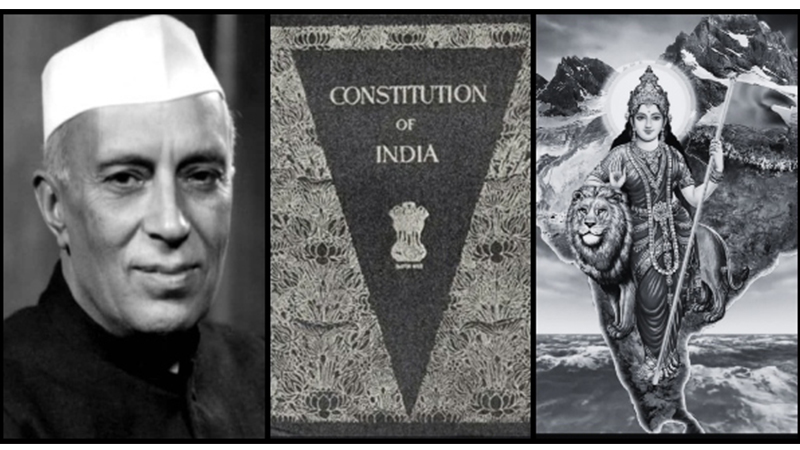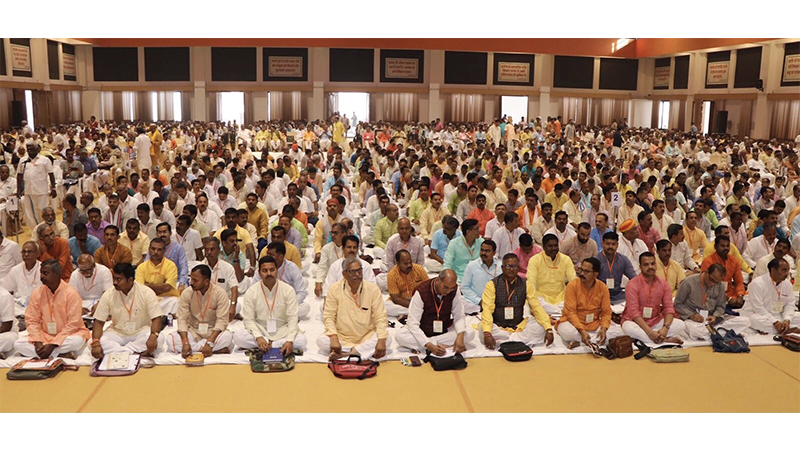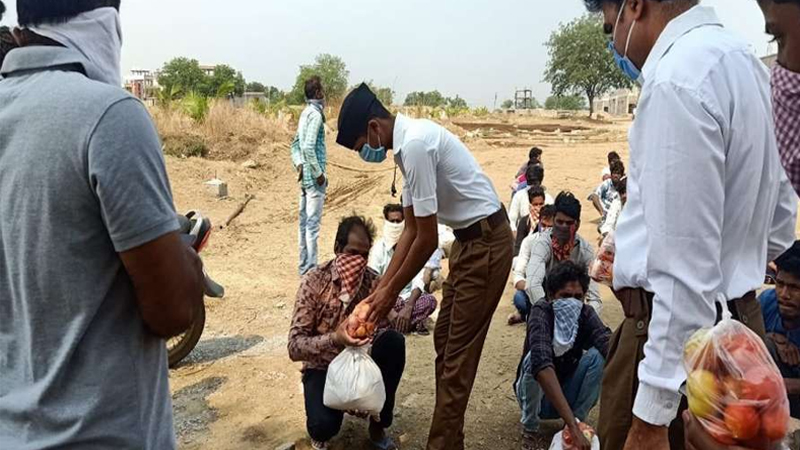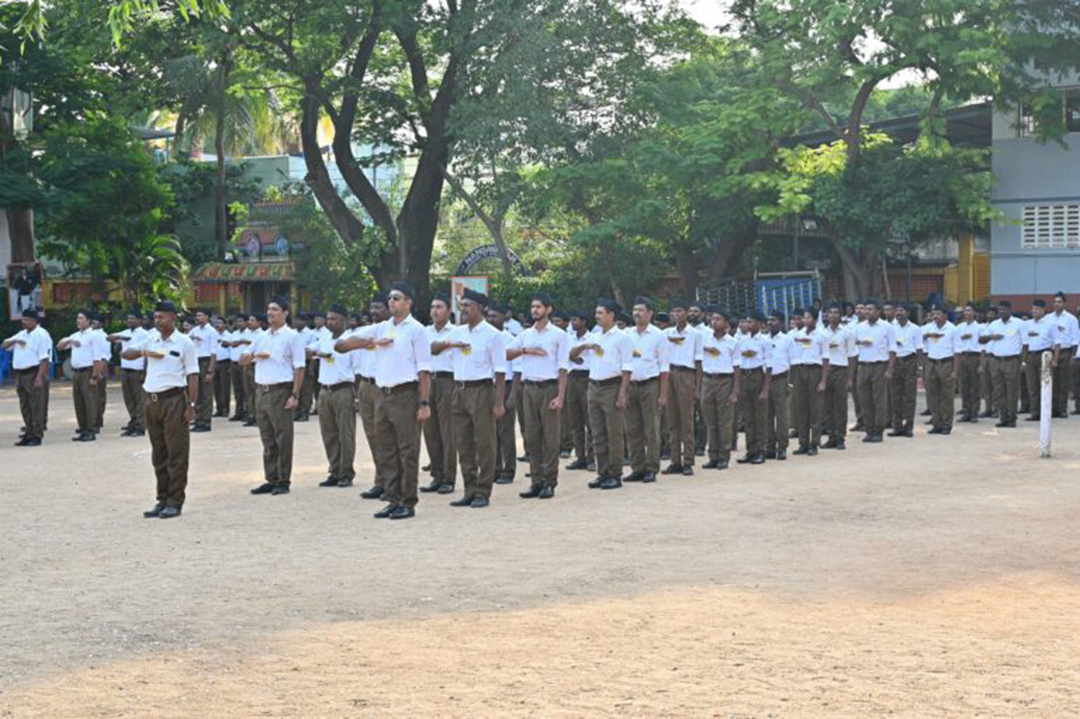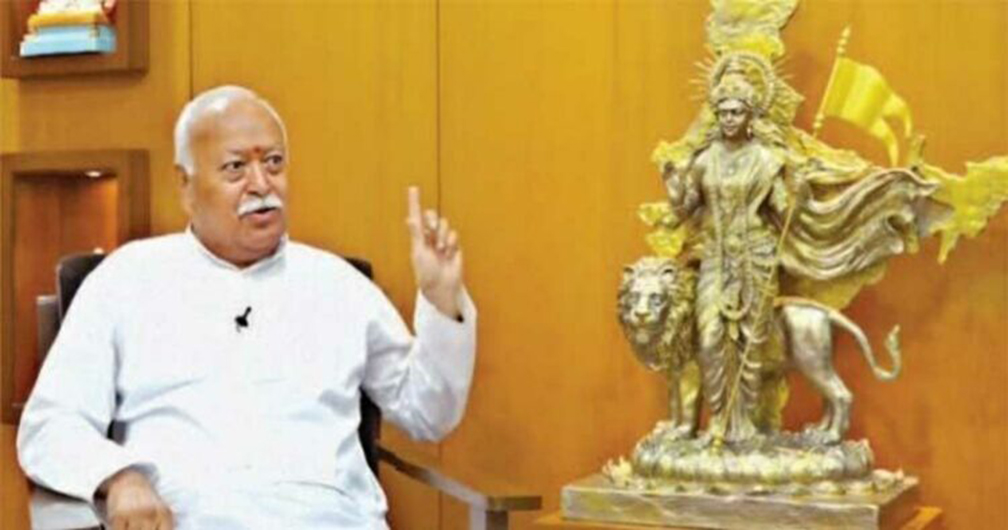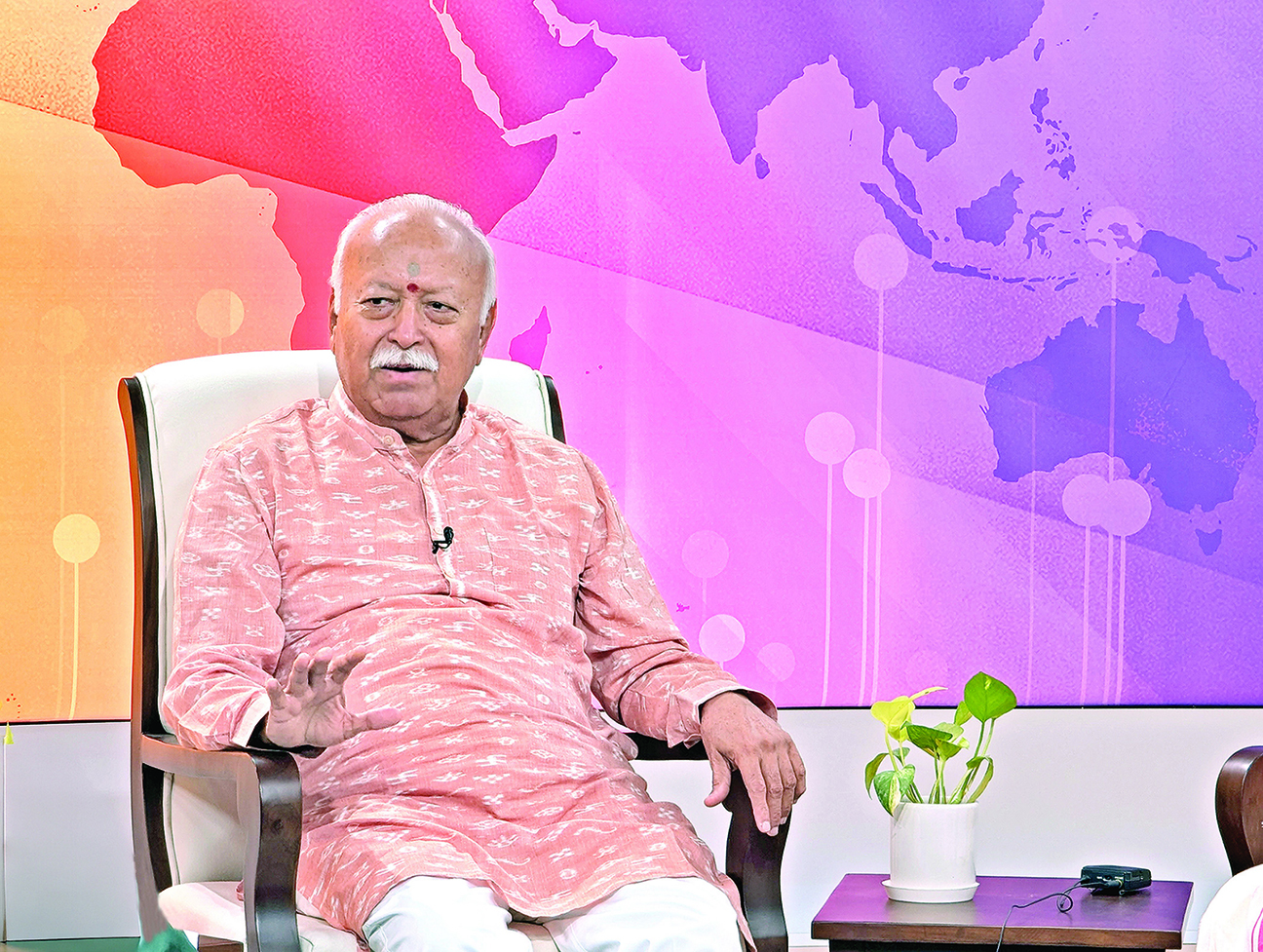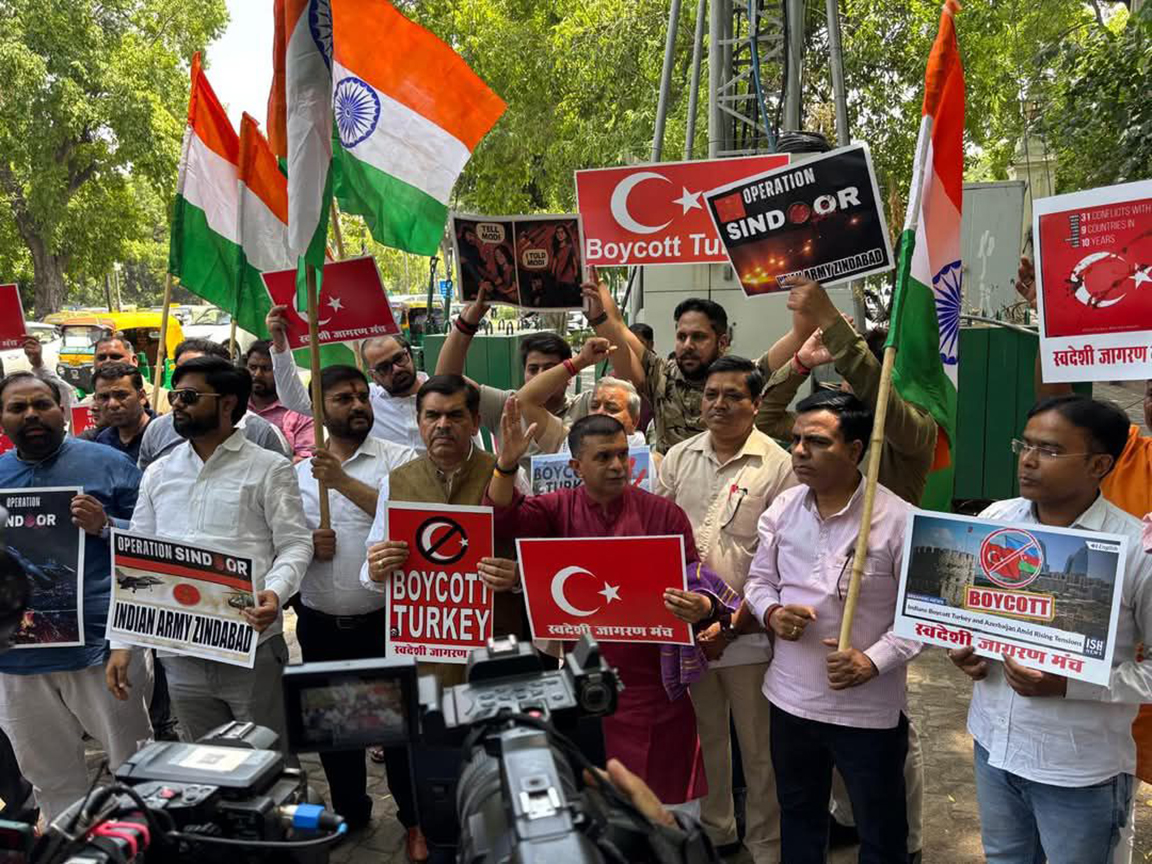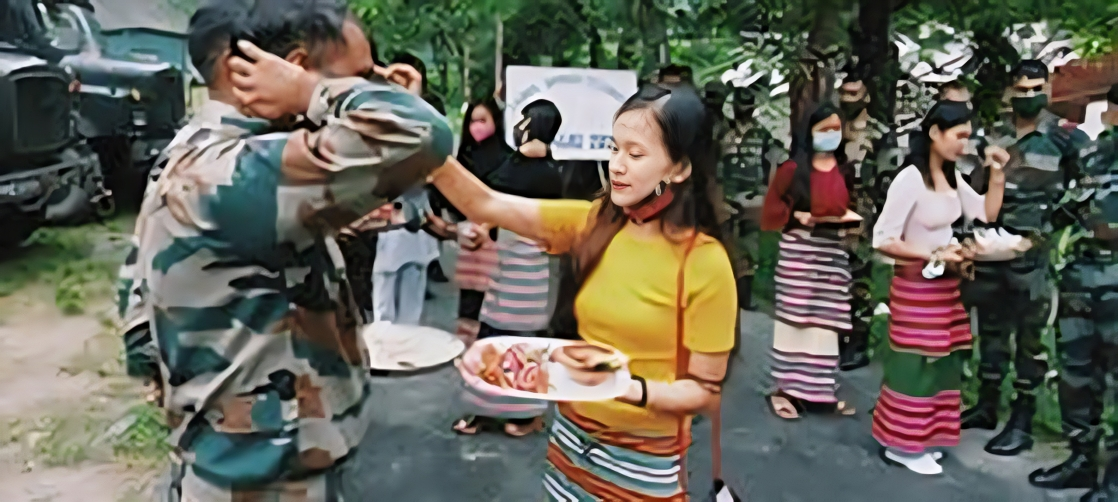RSS View on Women and Gender Equality
Updated: March 17, 2023 5:09
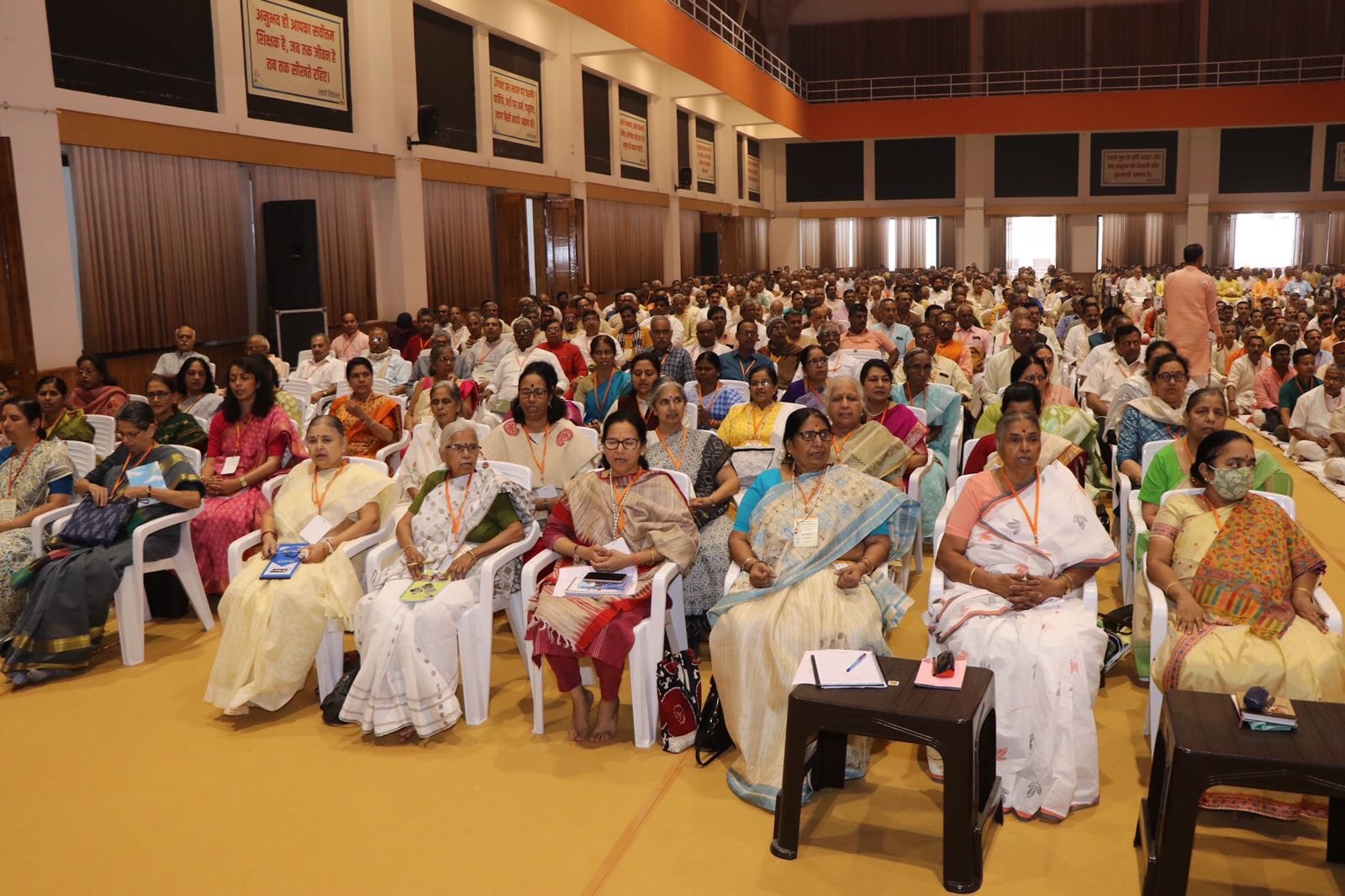
Ques: What is the RSS’ stand on role of women in the society and gender equality? Do women play any role in the activities of the Rashtriya Swayamsevak Sangh (RSS)? Does the RSS oppose feminism? Is the RSS in favour of women working outside their homes and entering public life?
Ans: These are frequently asked questions about the RSS’s ideas about women. But contrary to the common belief that women hardly have a role in its activities, there has been an increased emphasis on their growing role in the organisation over the last two-and-a-half decades.
In fact, the RSS has set up a separate coordination group for women-related activities, called the ‘Mahila Samanvay’(Women Coordination).
A whole team of women activists from various RSS inspired organisations, such as the Akhil Bharatiya Vidyarthi Parishad, the Bharatiya Mazdoor Sangh (BMS), the Vishva Hindu Parishad and the Vanvasi Kalyan Ashram work with Geetatai of Mahila Samanvay.
Sunil Ambekar, an RSS pracharak(full-timer) and former ABVP organising secretary, elaborated on the changed approach in his recently released book, ‘The RSS Roadmaps for the 21st Century’ : “The impact of such intensive work (on women-related issues) is felt across the parivar (RSS and its affiliated organisations),” he writes. “The lawyers body Adhivakta Parishad organises conferences to spread awareness about legal rights of women at the state and national levels. The attendees are both men and women.”
“Krida Bharati has turned its lens on campaigns for building facilities for women athletes and players. Itihas Sankalan Samiti is working on presenting the history of Indian women and conferences of women historians,” Ambekar adds.
“In 2017, the Bharatiya Mazdoor Sangh organised a massive march in Delhi with two lakh people, one lakh of the activist force were women. Vigyan Bharati started Shakti, a conclave of women scientists. Vanvasi Kalyan Ashram and Samskar Bharati have many women full-timers.”
In 2010, the RSS top brass had attended a two-day brainstorming session to formulate the organisation’s stand on various women-related issues. Then, another important meeting was held in Delhi on 23-24 March 2019, under the aegis of ‘Mahila Samanvay’. It was titled Bharatiya Stree Vimarsha (discourse on Indian women).
According to Ambekar, “It deliberated chiefly on how the issues and challenges of present times can be resolved on the basis of Hindu thought and the family system. This is an ongoing and constructive dialogue within the Sangh.”
On feminism and women working outside the home
The RSS believes that the feminist movement of the West hasn’t worked in India, and what the country requires is the Indian concept of women empowerment.
Ambekar elaborates on this in his book. “The Sangh does not believe in the dictates of straitjackets and isms. It is a comprehensive mission of the society to empower women and remove restrictions of purdah, which came about as a result of a long history of invasions, and to raise educational levels and economic ability,” he writes.
“The Sangh has supported enabling laws and policies. However the moot point is change in social mindsets where each family takes a decision to bring about a qualitative change in the status of women.”
According to senior RSS functionaries, this issue is being addressed through a series of activities under two categories — Parivar Prabodhan (creating awareness in families) and Mahila Samanvay (coordination with women).
The role of women in the RSS
The RSS inspired the women volunteers to have a parallel organisation the Rashtra Sevika Samiti(that can be broadly translated as National Women Volunteer Corps). It was set up in 1936 by Laxmibai Kelkar.
On the lines of the Sangh, the Samiti also has full-timers known as pracharikas. There are currently around 50 full-time women workers in the Samiti, one third of whom are posted in the Northeast.
The Samiti also runs training camps and other programmes of the RSS in their organisation also. At present, it has around 4,900 shakhas(branches where women volunteers meet on daily or weekly basis across the country).
The Samiti’s work has been expanding rapidly, and it has a presence in almost all the sub-divisions in the country. All its posts are held by women; they control its activities.
Both the Sangh and the Samiti work in close coordination to ensure an increased participation of women. In addition, a substantial number of women are working in all the RSS inspired organisations, with several them holding prominent posts and playing leadership roles.

